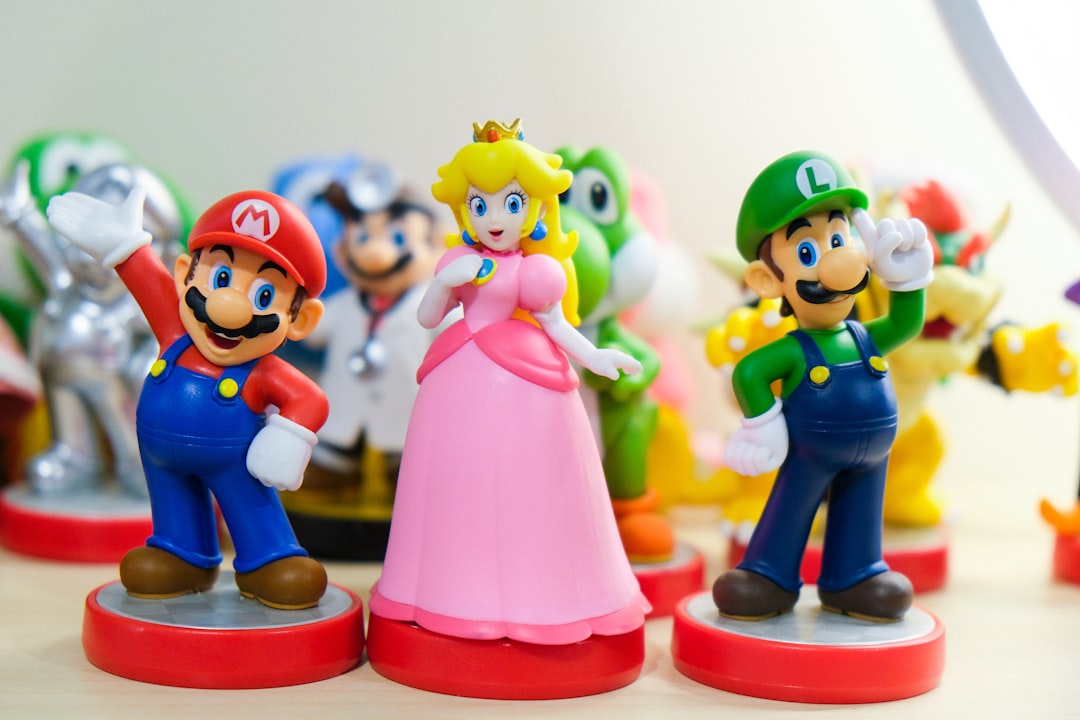(Valid for one time)

The Psychology Behind Children's Interaction with Educative Toys
Educative toys play a vital role in shaping a child's development. Through play, children not only have fun but also learn, grow, and build essential skills. Understanding the psychology behind children's interaction with these educative toys can provide valuable insights into how they benefit from playing with them.
Importance of Play in Child Development
Play is a child's natural way of exploring the world around them. It helps them make sense of their experiences, develop social skills, and enhance cognitive abilities. When children engage in play, they are actively learning and expanding their knowledge base.
The Role of Educative Toys
Educative toys are specially designed to stimulate children's minds and encourage learning through play. These toys often focus on specific skills such as problem-solving, creativity, and critical thinking. By interacting with educative toys, children can enhance their cognitive abilities in a fun and engaging way.
Understanding Child Psychology
Child psychologists emphasise the importance of play in a child's emotional, social, and cognitive development. Play allows children to express themselves, explore their imaginations, and develop problem-solving skills. Educative toys provide a structured way for children to engage in these beneficial activities.
The Benefits of Play-Based Learning
Play-based learning has been proven to be effective in helping children grasp complex concepts. By incorporating educative toys into play sessions, children can learn through hands-on experiences, making the learning process more engaging and memorable.
Building Essential Skills
When children interact with educative toys, they develop a range of skills that are important for their overall growth. These skills include but are not limited to fine motor skills, hand-eye coordination, spatial awareness, and problem-solving abilities.
Enhancing Creativity and Imagination
Educative toys often spark children’s creativity and imagination. Through open-ended play experiences, children can explore different possibilities, experiment with ideas, and develop their own unique solutions to challenges.
Encouraging Collaboration and Communication
Many educative toys are designed for group play, promoting collaboration and communication among children. By engaging in play activities with others, children learn how to work as a team, share ideas, and communicate effectively.
Boosting Confidence and Self-Esteem
As children master new skills and overcome challenges while playing with educative toys, their confidence and self-esteem receive a significant boost. This sense of accomplishment motivates them to keep learning and growing.
Fostering a Love for Learning
By associating learning with fun and play, children develop a positive attitude towards education. Educative toys create an enjoyable learning environment that encourages children to be curious, inquisitive, and eager to explore new ideas.
Supporting Cognitive Development
Through the use of educative toys, children engage in activities that stimulate their cognitive development. These toys challenge their problem-solving abilities, encourage logical thinking, and promote memory retention – all of which are crucial for intellectual growth.
Empowering Children for the Future
By providing children with educative toys that encourage learning and growth, we empower them to become lifelong learners who are adaptable, creative, and well-equipped to face the challenges of the future. Investing in educative toys is not just about play; it's an investment in a child's future.

Dejar un comentario